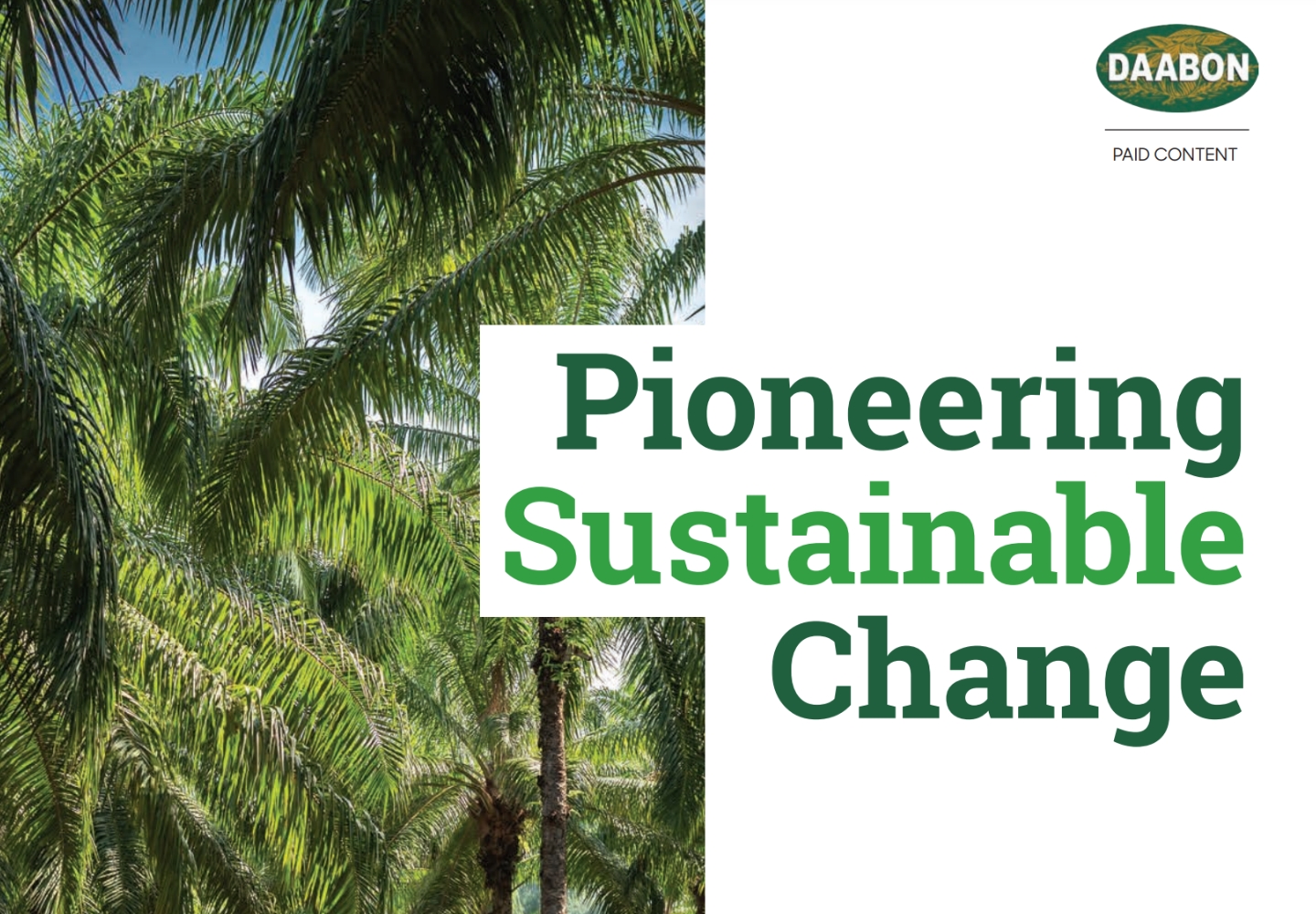Future of Palm: Palm’s Sustainable Journey
Palm’s sustainable journey
While Thursday, April 22 is officially Earth Day, every day presents an opportunity to honor the planet at Daabon. We are proud to share how palm makes its way from Colombia to products on store shelves following sustainable, earth-friendly processes that we are committed to today—and every day.
Daabon is out in front of the movement to clean up the palm oil industry. Its goal is not just to stop doing damage to the environment, but to actively improve the health of our native ecosystems and the planet as a whole.
Palm trees start
with sustainable, composted soil
(which is naturally rich with worms to help
the process along)
No slash and burn, ever. As part of our commitments to reducing greenhouse gas emissions, Daabon’s operations are completely deforestation-free. We only farm on land that has been previously cleared and never clears or cultivates peatlands, the natural carbon sinks that conventional palm oil operations often destroy, thereby releasing massive amounts of CO2 into the atmosphere.
It takes about four years for a tree to create fruit for harvest
Daabon farms without the use of toxic chemical pesticides or genetically modified organisms (GMOs) and is proud to offer the first certified organic palm oil. Daabon’s palm oil is also Fair Trade USA certified, which directly supports local communities in Colombia, and certified sustainable by the RSPO (Roundtable on Sustainable Palm Oil). This ensures that the farming and production processes are not harming the environment and that Daabon’s operations are having a positive impact on its workers.
Teams
work in
groups of
two to
collect
and
harvest
the fruit
Teams work in groups of two to collect and harvest the fruit
Daabon supports hundreds of family farmers in Colombia, providing agricultural expertise and access to international markets. These smallholders grow palm in addition to other crops like grapefruit, papaya, banana and cacao—all organic. Many have been farming their land for multiple generations. A family company founded nearly 100 years ago on the principles of solidarity and responsibility, Daabon takes pride in its reputation for treating people right.
Harvested fruit is brought to the mill to extract the oil
(Crude oil comes from both the fruit and the kernel)
Any plant matter from the palm fruit milling process that can’t be convert into a commercial product becomes animal feed and fertilizer for the palm trees themselves.
At the refinery the oil is processed and tested for quality
Daabon’s proprietary, vertically integrated process begins at the farm level and continues to its crude oil extraction mill and state-of-the-art refinery. By owning the entire supply chain for its palm products, we can guarantee our customers and their consumers a top-quality, responsible product that is fully transparent because you can trace it to its source.
Methane from the production process is captured to create renewable energy
Daabon utilizes renewable energy sources wherever possible, including the methane-recapture plant at its main palm oil mill, where it creates a clean biofuel from the mill’s wastewater, purifying the water and creating a new, green energy source in the process. In 2015 Daabon met its goal to be carbon neutral across every aspect of its global production processes.
The oil is
packaged
with care
to keep it
as fresh as
possible
during
travel
Our customers, who prioritize using only sustainable palm oil in their products, feel fortunate to partner with a company with such an incredible commitment to sustainability, the environment and their employees and community.
Colombia’s rich array of critters are happy too. The company is very careful to preserve habitats and protect all the beloved animal species (anteaters, armadillos, poison arrow frogs, grey-handed night monkeys and birds) that freely roam its palm farms.






